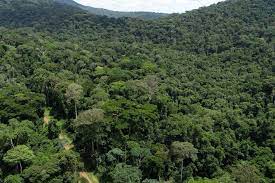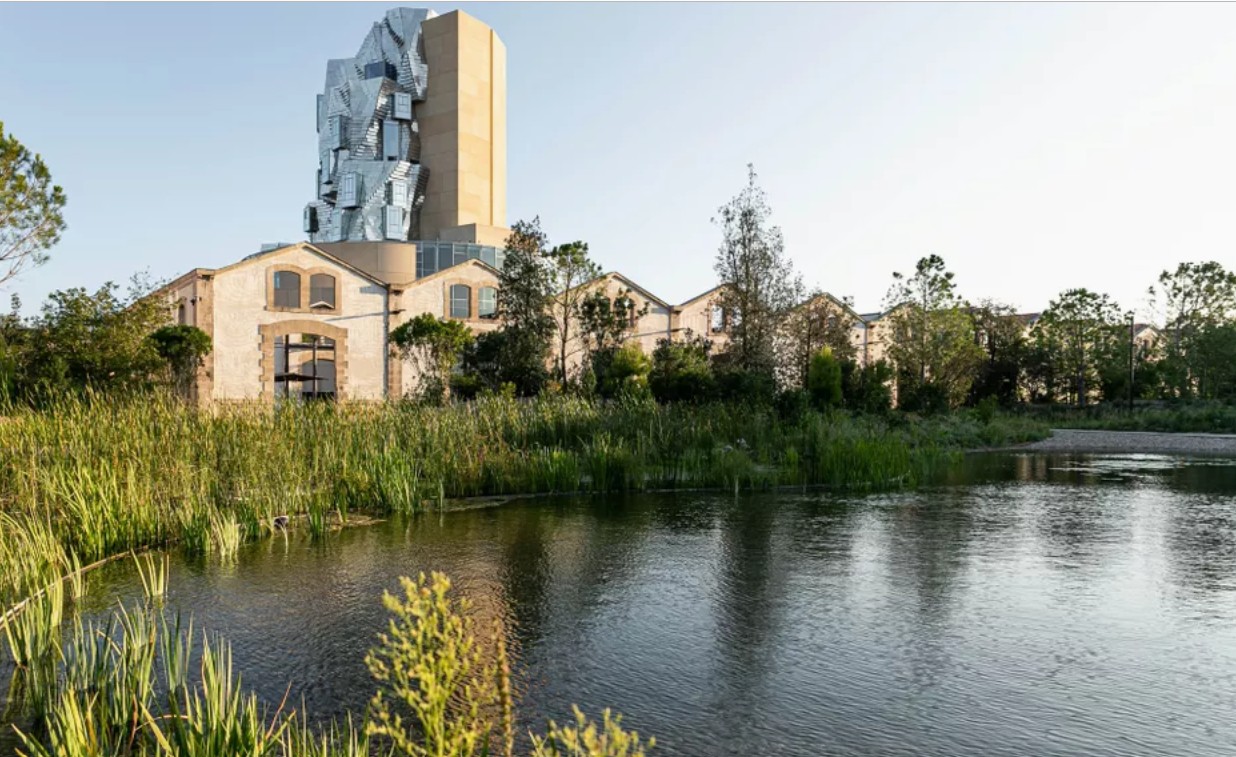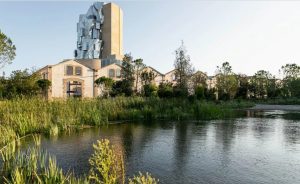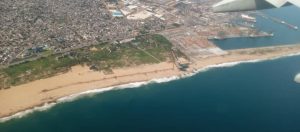PRESIDENTIAL ELECTION IN GABON: ENVIRONMENTAL ASPECTS AT THE HEART OF INTERNATIONAL INTERESTS
The presidential election in Gabon takes place this Saturday, August 26. For the first time, this election is accompanied by legislative and local elections. Outgoing President Ali Bongo Ondimba is running for a third term, in a context where the opposition is challenging its legitimacy. At the international level, Gabon is rather perceived as an exemplary figure of environmental preservation, although decried by civil society. Explanations.
By Houmi Ahamed-Mikidache
This Saturday, August 26, for the first time, three elections are held in Gabon, the presidential election, legislative and local. After two successive terms, outgoing President Ali Bongo Ondimba, presents his candidacy, in a context where the opposition disapproves. It challenges the electoral process, the exclusion of the diaspora and protests against the political system. For candidate Albert Ondo Ossa, interviewed on TV5 Monde on 22 August, the current political system in Gabon is “a liberticidal political system that does not really allow democracy to be exercised”. According to a BBC article published this Friday, candidate Ali Bongo wants to build a new republican social alliance that will resolve the ties between every child and every land in Gabon, 14 years after his first election.
The Gabonese Strategic Investment Fund
According to the report of the Organisation for Economic Co-operation and Development (OECD), entitled “Development Dynamics in Africa 2023”, recently published, Gabon, an oil-rich country, is not among the countries of Central Africa with fragile contexts. Yet, as with all Central African oil exporters, its investments in social services and infrastructure are limited. In 2019, Gabon, reports the OECD, created the Gabonese Strategic Investment Fund (FIGIS) aimed at intervening in three strategic sectors: infrastructure financing, support for small and medium-sized enterprises and medium-sized enterprises and support for social sectors. This fund is financed to the tune of 10% by the reallocation of oil revenues and manages approximately US$2 billion of assets, aiming to achieve net zero decarbonization by 2050.
In 2022, Gabon announced to the press its ambition to issue green bonds. Through the FIGIS, Gabon plans to issue a sovereign bond. This green bond would be between 100 and 200 million US dollars, to finance the construction of hydroelectric plants.
The challenges
At the international level, Gabon remains at the center of environmental issues and solutions. Therefore it is seen as an example. Regional integration in Central Africa is a challenge, but is presented in the OECD report as the solution to sustainable investment. The estimated value of Central Africa’s intact forests is US$344 billion, the report says. Gabon plans to sell 90 million tons of carbon credit for a price ranging from 25 to 35 US dollars. Gabon is hoping to raise US$2 billion for the sale of carbon credits. 25% of these funds would be allocated to forest management and rural municipalities, 25% to the Gabonese Strategic Investment Fund , 25% to service the debt of Gabon and 25% to the national budget for education, health and climate resilience. Gabonese forests represent 88% of the territory and this country of more than 2 million inhabitants has the largest forest cover in Central Africa. The forestry sector is the largest private employer in Gabon and the second after the state, the report states. Civil society challenges the government’s management of the country’s forest cover and the non-inclusion of rural and coastal communities.
Through its “Plan Vert” described by the OECD, Gabon has three objectives. It wants to position itself as the world leader in wood certified tropical. It wishes to exploit the agricultural potential and guarantee food security and promote the sustainable exploitation and development of fisheries resources. On August 16, the American Financing Agency for International Development (DFC) announced an insurance against political risks of 500 million dollars in support of an obligation for marine conservation in Gabon (Gabon Blue Bond). In collaboration with The Nature Conservancy (TNC), the Government of Gabon, and the Bank of America. The American Financing Agency for International Development (DFC) provided insurance against political risks that allowed Gabon to convert its $500 million debt. This should generate $163 million in funds dedicated to marine conservation over the next 15 years, reports the US financial institution.
Copyright Era Environnement. All rights reserved.
Share this content:









